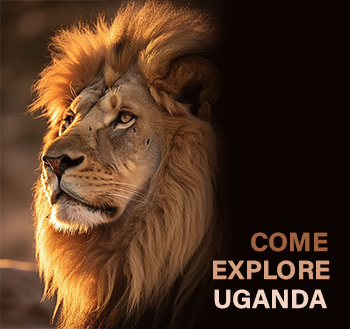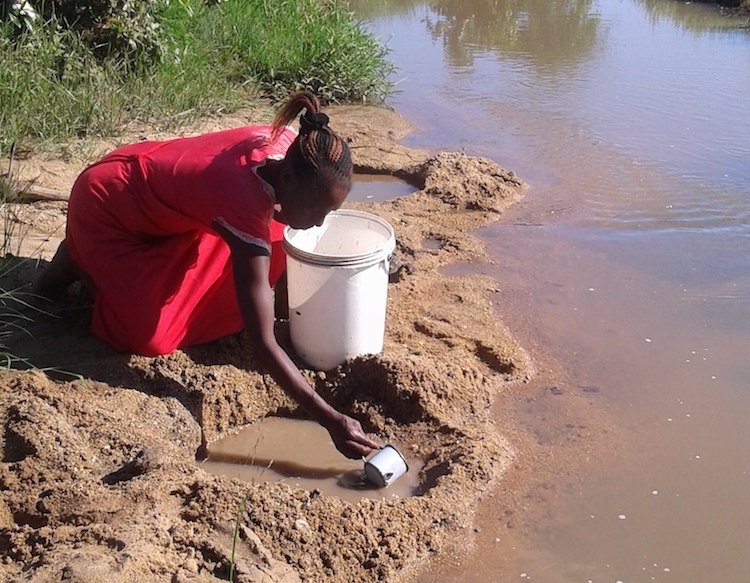At first glance, the phrase “bugs of water” might sound poetic or even absurd. But sit with it for a moment. Strip us down to our most basic biological truth, and we are, in essence, tiny, mobile sacs of water navigating a planet that is, ironically and perilously, running short on clean, accessible supplies. It’s time we embraced this identity and took it seriously: we are creatures of water, born of it, sustained by it, and threatened without it. Why then, do we treat water sources as afterthoughts in our pursuit of progress?
Biologically, the average adult human body is composed of about 60% water. Infants have even more, up to 78%, showcasing water’s fundamental role in life itself. Our blood is about 90% water, our brain nearly 75%. Every cellular function depends on it. From regulating temperature to digesting food to transmitting thoughts.
It’s not just us. Earth is a water world. Approximately 71% of Earth’s surface is covered by water, with oceans alone holding 97% of all water on the planet. Yet, less than 1% of that is fresh, accessible water, and most of it is found in rivers, lakes, glaciers, and underground aquifers.
Our planet’s water is stored in dynamic and interconnected systems. Oceans, lakes, rivers, wetlands, glaciers, aquifers, and even the atmosphere act as reservoirs. These sources don’t just serve human needs, they are the cradles of biodiversity. Oceans, for instance, host more than 80% of the planet’s living organisms, from plankton to whales, many still unknown to science.
Freshwater ecosystems, though only occupying 0.01% of the world’s water, are home to 10% of all known species, making them disproportionately vital to the planet’s ecological balance. Rivers like the Nile, are not just lifelines for millions of people, but also for forests, fish, birds, and amphibians.
Pollution, overuse, deforestation, climate change, and industrial waste are fast turning these water sources into wastelands. When wetlands are drained for agriculture, we lose carbon sinks and bird habitats. When plastic clogs rivers and oceans, we suffocate marine life. When aquifers are overdrawn, we cause land to sink and future generations to inherit thirst instead of abundance.

In Uganda, Lake Victoria, Africa’s largest freshwater lake, is under siege from pollution and invasive species, yet it remains a vital source of food, water, and income for millions across East Africa. The River Nile, steeped in history and supporting 11 Nile basin countries, is facing unprecedented stress from damming, extraction, and pollution.
To protect water is to protect life, and not just human life, but the entire web of existence. Clean water underpins health, agriculture, industry, and cultural identity. Yet it is not a renewable resource in the way we use it. It must be managed, respected, and restored.
We owe it to future generations to preserve what we have inherited. Conservation of water sources is a moral and ecological responsibility. Programs that restore wetlands, reforest riverbanks, regulate industrial discharge, and manage water use sustainably are not luxuries but rather, lifelines. Community initiatives in rainwater harvesting, eco-sanitation, and waste reduction can transform local resilience.
If we are indeed bugs of water, living, breathing, water-bound creatures, then the case for water protection writes itself. Every river we pollute, every forest we clear near a spring, every gallon we waste is an assault on ourselves. The connection between our survival and water’s purity isn’t abstract, it’s deeply physical and immediate.
It’s time we spoke of water not just in terms of scarcity, but sacredness. Let us be the generation that recognizes water not as a resource to be spent, but as a relative to be protected. Because, to save water is not to save nature. It is to save ourselves.

About Memoir Uganda – Showcasing Uganda
We are a comprehensive tourism and travel media company unleashing information about Uganda. We offer, among others, an all-inclusive guide on everything Uganda such as itineraries, consular information, timely and updated tour and travel news and general information about visiting and living in Uganda.
To us, Uganda is more than a tour destination. It is our homeland. Our knowledge about Uganda is ocean deep and we love showing the country’s splendid beauty to the world. We aim at sharing and showcasing Uganda to the tiniest bit, better than anyone else. We also aim at conserving our home land through our un wavered efforts towards climate change awareness.
Our Memoir Magazine showcases Uganda’s diverse potential in detail that is often left out and unknown. You ought never to miss a copy. We robustly believe that traveling should make the world a better place for everyone.





